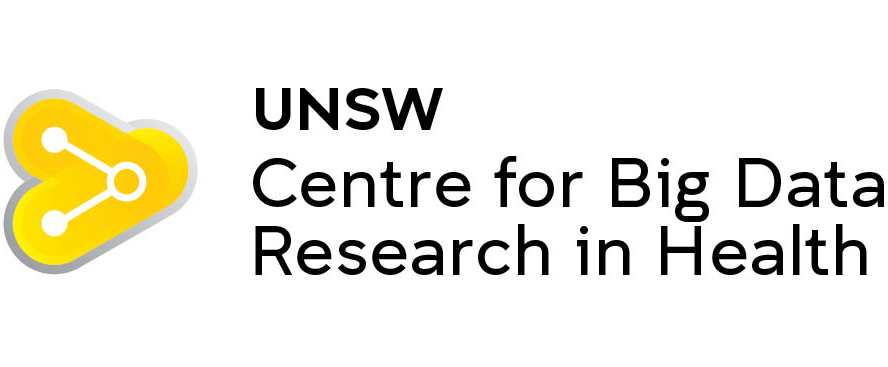Ageing and end-of-life

Around 15% (4 million) Australians are aged 65 and over and this percentage is projected to more than double by 2057. Key challenges include how to best meet the health needs of an ageing population with increasing rates of chronic disease and disability, better coordinating health care and aged care services, and delivering the care that people want at the end of their lives. Our research in ageing and end-of-life uses multiple sources of big data, including hospital, Medicare, pharmaceutical and aged care records to tackle questions including:
- How many cases of dementia are attributable to modifiable risk factors such as inactivity and smoking?
- Who is most likely to participate in online dementia prevention programs?
- Does hospitalisation for heart conditions and stroke increase the chances of being admitted to residential aged care?
- Does provision of home care result in less time spent in residential aged care?
- Does community-based palliative care for people with cardiovascular disease reduce hospitalisation and invasive procedures at end-of-life?


